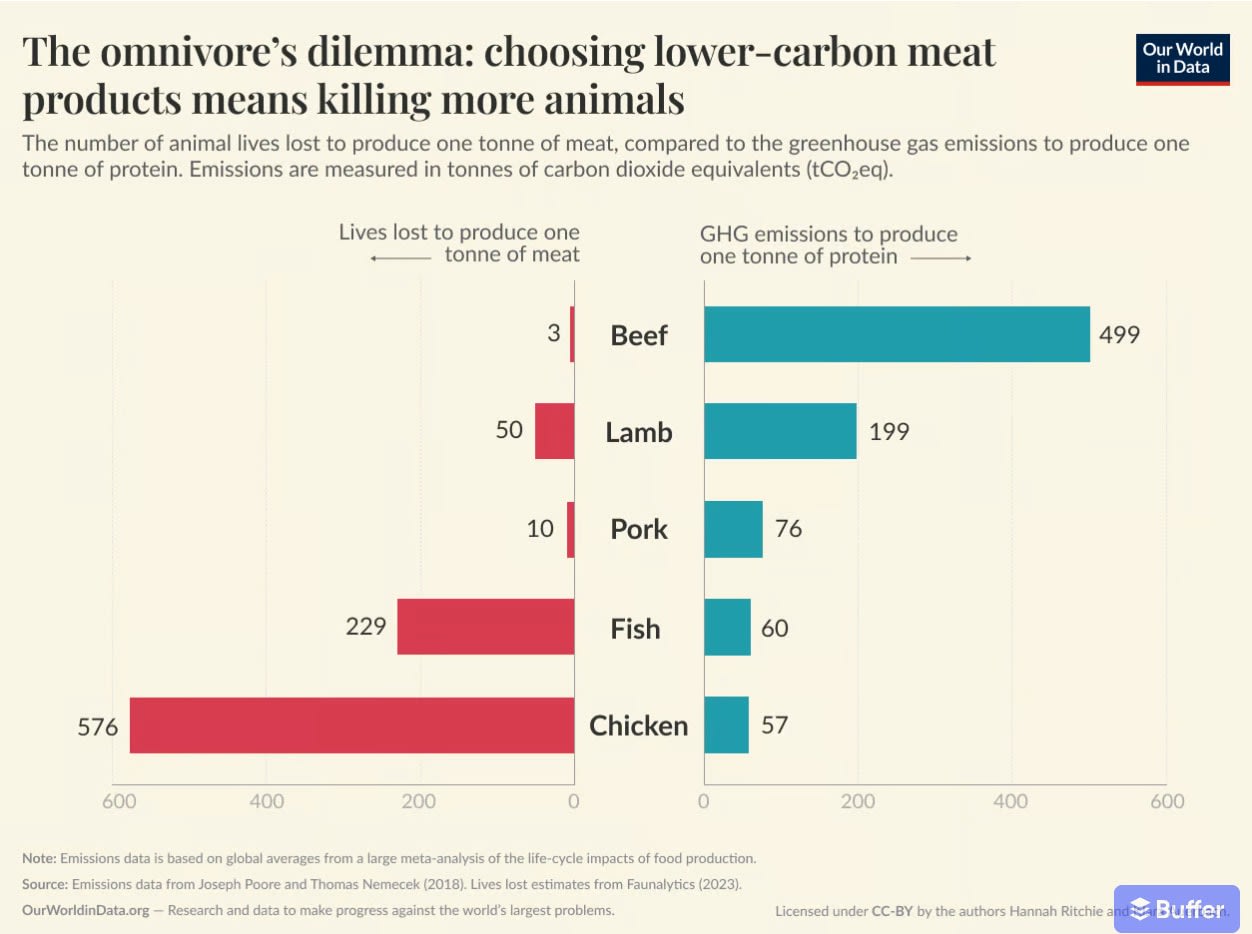PEPFAR is a Foreign Aid program launched by President George Bush in 2003 to address the AIDS epidemics in several developing countries. It is almost universally acclaimed as one of the most successful foreign aid programs in history, saving around 25 million lives. Apart from lives saved, the program has been useful for controlling the epidemics.
The current US administration has stopped most of its foreign aid programs until an audit is carried on, and while I sincerely wish that after the review PEPFAR will be kept in the US Aid portfolio, there a significant chance that the US now considers itself overburdened by its long commitment to the provision of Global Public Goods. This is an extraordinary opportunity for the European Union to step in and fund the program either completely or in its near vicinity (Africa, Ukraine and Central America are natural regions for the EU intervention). Being an American ally, the European commission can ask the US to provide all information to complete a smooth transition (other partners, as Japan or Corea can perhaps commit to replace the US in their natural areas of influence). Given the urgency of the task, in my view the EU shall begin its preparation even before the US completes its review.
By its multilateral nature, the European Union cannot act in the world with the freedom of manoeuvre that a single national government can. On the other hand, foreign aid is less controversial than other influence tools, and the European Union shall compensate for its weaknesses by an intelligent use of its limited resources. By the friendly substitution of a close ally in a well-tested and effective Aid program, Europe can both enhance its internal cohesion and signal its external stance in the difficult period ahead.
I propose to all interested groups and persons to contact the President of the European Commission to ask her for the necessary arrangements to prepare for the eventuality of replacing the United States in the PEPFAR program. For your convenience, I provide the letter I have written to the President, while I suppose others will prefer to produce their own text.
-----------------
Dear President von der Leyen,
I am writing to bring to your attention the pressing matter of the President's Emergency Plan for AIDS Relief (PEPFAR), a Foreign Aid initiative launched by President George W. Bush in 2003 to combat the AIDS epidemic in several developing countries. PEPFAR has been nearly universally acclaimed as one of the most successful Foreign Aid programs in history, having saved approximately 25 million lives and proving instrumental in controlling the epidemic.
Unfortunately, the current US administration has suspended most of its Foreign Aid programs pending a comprehensive audit. While I fervently hope that PEPFAR will remain a cornerstone of the US Aid portfolio post-review, there is a significant possibility that the US may now deem its commitment to PEPFAR as overly burdensome.
This scenario presents an extraordinary opportunity for the European Union to step in and assume funding of the PEPFAR program, either in its entirety or in specific regions (Africa, Ukraine and Central America look like natural priorities for Europe). As a close ally, the European Commission can request the United States government to provide all necessary information and support to facilitate a smooth transition.
Given the urgency of the situation, I believe it is prudent for the European Union to begin preparations even before the United States completes its review. By amicably substituting a close ally in a well-tested and effective aid program, Europe can not only enhance its internal cohesion but also signal its external stance in the challenging period ahead.
Thank you for considering this vital matter.



See here (https://forum.effectivealtruism.org/posts/FTTPCtkizkAQ9fkvM/unicode-wvyp) for the Rapid Response Fund: https://www.founderspledge.com/funds/rapid-response-fund. It's an opportunity to donate to help mitigate the worst immediate consequences of the aid freeze.